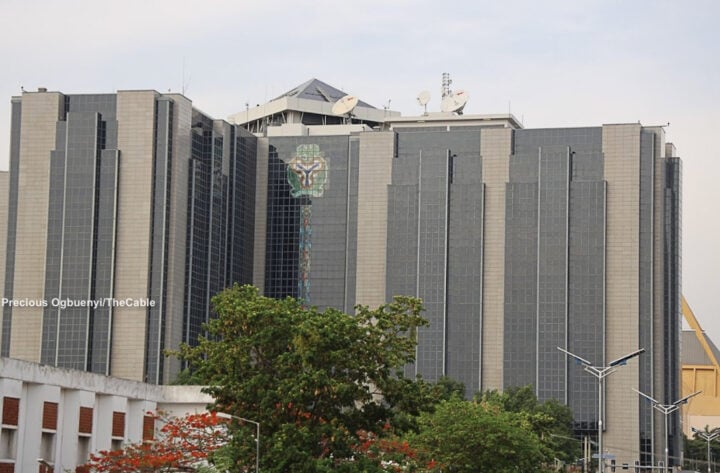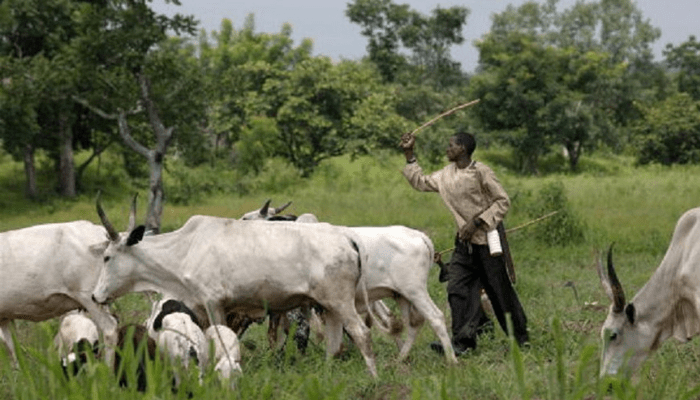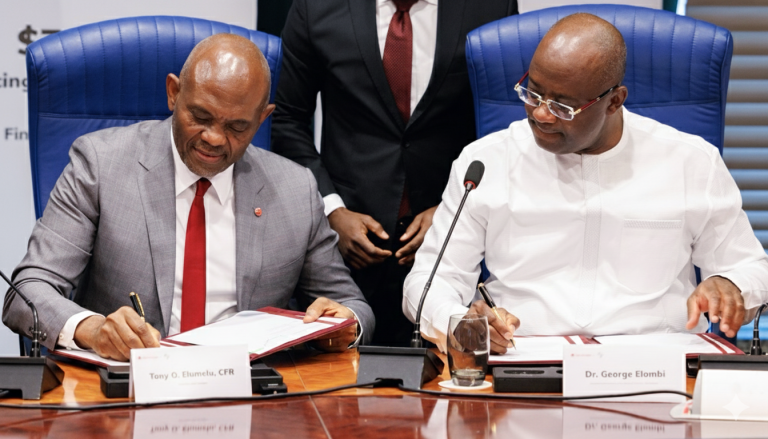
“NBS REPORTS DROP IN NIGERIA’S INFLATION RATE TO 20.12% IN AUGUST”

GREATRIBUNETVNEWS–THE National Bureau of Statistics (NBS) has announced a decrease in Nigeria’s headline inflation rate to 20.12% in August, a 1.76% drop from July’s 21.88%. According to the NBS’s Consumer Price Index (CPI) and Inflation Report for August 2025, this decline signals a positive trend in the country’s economic landscape.
Key Highlights:
– Year-on-Year Comparison: The inflation rate is 12.03% lower than the 32.15% recorded in August 2024, indicating a significant reduction in the rate of price increases.
– Month-on-Month Trend: The August inflation rate of 0.74% is 1.25% lower than July’s 1.99%, further reinforcing the downward trend.
– Economic Implications: This decrease could have a positive impact on consumer purchasing power and economic stability, though continued monitoring is essential to ensure sustained growth .
“This means that in August, the rate of increase in the average price level was lower than the rate of increase in the average price level in July,” it said
The report attributed the increase in the headline index for August to the increase in some items in the basket of goods and services at the divisional level.
It said that the three major contributors to the headline inflation year on year were food and non-alcoholic beverages at 8.05 per cent, restaurants and accommodation services at 2.60 per cent, and transport at 2.15 per cent.
It showed that the least contributors were recreation, sport, and culture at 0.06 per cent, alcoholic beverages, tobacco, and narcotics at 0.07 per cent, and insurance and financial services at 0.09 per cent.
The report said that the food inflation rate in August was 21.87 per cent on a year-on-year basis, which was 15.65 percentage points lower compared to the rate recorded in August at 37.52 per cent.
“The significant decline in the annual food inflation figure is technically due to the change in the base year.”
It said that on a month-on-month basis, the food inflation rate in August was 1.65 per cent, which decreased by 1.47 per cent compared to the 3.12 per cent recorded in July.
The NBS report attributed the decrease in food inflation to the reduction in average prices of items.
It listed such items to include imported and local rice, guinea corn flour, maize flour sold loose, guinea corn (sorghum), jillet, semolina and soya milk.
It said that all items less farm produce and energy or core inflation, which excludes the prices of volatile agricultural produce and energy, stood at 20.33 per cent in August on a year-on-year basis.
“On a month-on-month basis, the core inflation rate was 1.43 per cent in August, which increased by 0.46 per cent compared to the 0.97 per cent recorded in July,” it said.
The report said that on a year-on-year basis in August 2025, the urban inflation rate was 19.75 per cent.
“On a month-on-month basis, the urban inflation rate was 0.49 per cent, which decreased by 1.37 per cent compared to July at 1.86 per cent.”
It said that in August, the rural inflation rate was 20.28 per cent on a year-on-year basis.
“On a month-on-month basis, the rural inflation rate was 1.38 per cent, which increased by 0.92 per cent compared to July at 2.30 per cent.”
On states’ profile analysis, the report showed that in August, the all-items index inflation rate on a year-on-year basis was highest in Ekiti at 28.17 per cent.
“This is followed by Kano at 27.27 per cent and Oyo at 26.58 per cent,” it said.
It said that the slowest rise in headline inflation on a year-on-year basis was recorded in Zamfara 11.82 per cent, followed by Anambra at 14.16 per cent, and Enugu at 14.20 per cent.
The report, however, said that in August, the inflation rate on a month-on-month basis was highest in Yobe at 9.20 per cent, followed by Katsina at 8.59 per cent, and Sokoto at 6.57 per cent.
“Enugu was -5.32 per cent, followed by Taraba at -3.64 per cent and Nasarawa at -3.56 per cent recorded the slowest rise in month-on-month inflation.”
The report said that on a year-on-year basis, food inflation was highest in Borno at 36.67 per cent, followed by Kano at 30.44 per cent and Akwa Ibom at 29.85 per cent.
It said that Zamfara at 3.20 per cent, followed by Yobe at 3.60 per cent and Sokoto 6.34 per cent recorded the slowest rise in food inflation on a year-on-year basis.’’
Tt said that on a month-on-month basis, food inflation was highest in Kaduna at 9.37 per cent, followed by Katsina at 9.05 per cent, and Akwa Ibom at 7.87 per cent.
“Bayelsa at -9.52 per cent, Sokoto at -8.92 per cent and Borno at -8.74 per cent, recorded the slowest rise in inflation on a month-on-month basis.”
The NBS said that based on the recent rebasing of the CPI, it rose to 126.8 in August, which reflected a 0.9 point increase from 125.9 in July.
The NBS recently rebased the CPI, bringing the base year closer to the current period, from 2009 to 2024, with 2023 as the reference period for expenditure weights.
SOURCE==NAN==EXCEPT THE HEADLINE AND INTRO PLUS A FEW PARAGRAPHS







